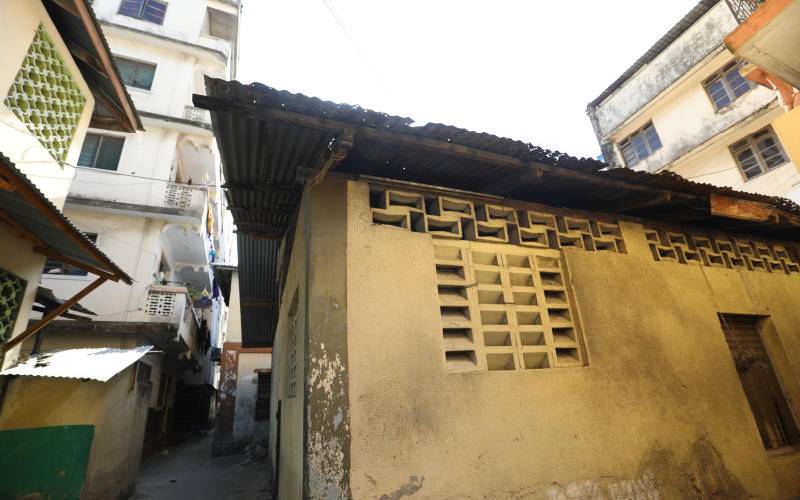×
The Standard e-Paper
Kenya’s Boldest Voice

A section of Mwembekuku in Mombasa County, part of the houses owned by the descendants of Omani rulers. [File, Standard]
The future of 50,000 tenants on land owned by absentee landlords in Mombasa is now in peril after reports emerged that the landlords want to auction the properties.